Outline: Having a reading skill means you can interpret what is presented visually. It may take more than one form: a lead sheet, a chord chart, a drum chart for example. More often than not, it alludes to 'standard notation' which is the written language that all musicians share universally.
Whilst reading skills allow for interpretation, the next step up from that are sight reading skills - which is the ability to look at something for the first time and without preparation play it straight off. It goes without saying that the better one's sight reading skills, the less time it takes to learn something new that is written down.
There is no question that having reading skills is better that not having them; even if we hear of musicians who have no such ability and seem to get by - especially guitarists in the field of popular music! Sight Reading skills is the next step up from that and it is perhaps questionable just how good one's sight reading skills need to be.
Perhaps the real question is: what is the Return on Investment (ROI)? If the amount of time and effort it takes to achieve a certain skill is disproportionate to the level of rewards for having those skills, then arguably they are not worth having. Or if those skills are seldom used then are they worth having? These are perfectly worthy considerations and it may be added that outside of ensemble playing, where memory and improvisation are more important then perhaps they are not worth having.
However, the band musicianship course is about playing in ensembles as much as it is about playing in smaller format where there is greater scope to improvise rather than read. The horns in particular must be exceptional readers as everything they play - apart from improvised lead solos - is written down; and they must play it to the letter! The rhythm section is slightly different in that more often than not, a composer/arranger gives them scope to make up their parts within certain written parameters. But that is not always the case and complacency is no excuse: sometimes the rhythm section must play specific things which are integral to the composition/arrangement; so a laissez faire attitude will not cut it.
So the aim of this module is to help the player develop their reading skills in accord with the requirements of ensemble and combo playing. To have sight reading skills is the ideal and this module may go some way to helping with that ability.
Index
- Reading for Guitar
- Reading for Bass
- Reading for Saxophone and woodwind
- Reading for Trumpet
- Reading for Trombone
- Reading for Piano and keyboards
- Reading for drum kit
- Rhythm reading
Links
